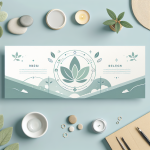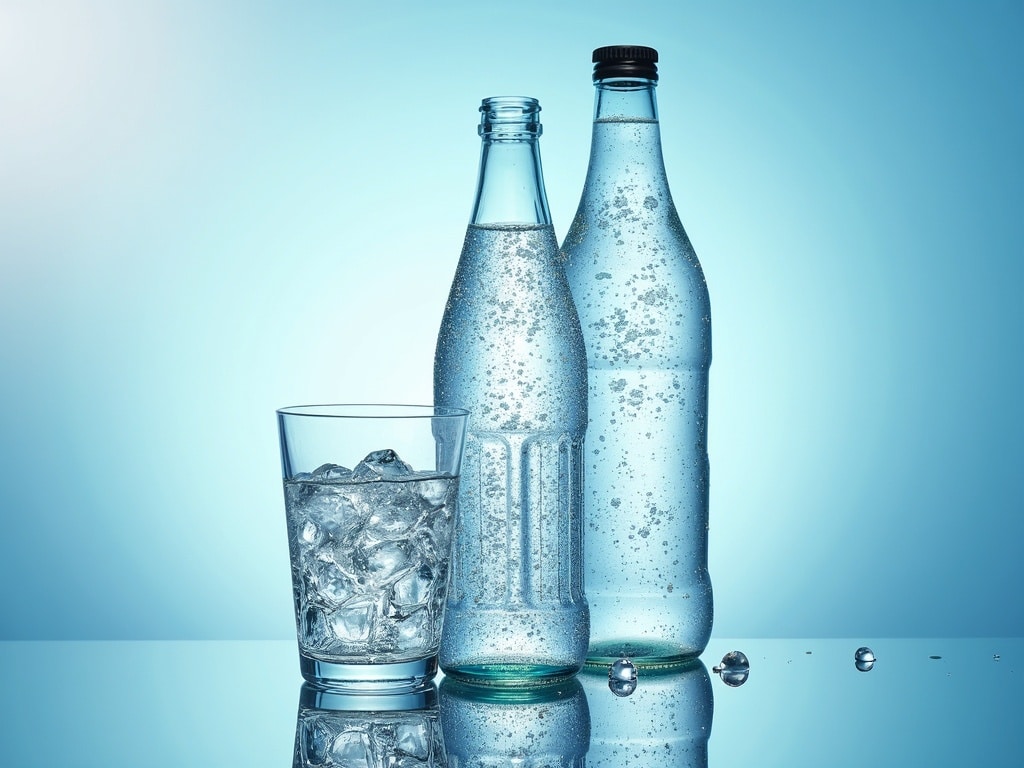Is Sparkling Water as Hydrating as Regular Water? The Bubbly Truth
Picture this: You're reaching for a refreshing drink after a workout, or maybe just trying to break free from the monotony of plain water. Sparkling water, with its effervescent fizz, seems like the perfect choice. But a question bubbles to the surface: is sparkling water *reallyas hydrating as regular water? Or is it just a tantalizing trick of the tongue? Let's dive into the science, separate fact from fizz-tion, and uncover the hydrating truth behind sparkling water.
Understanding Hydration: The Foundation of Health
Before we compare sparkling and regular water, let’s recap why hydration is so crucial. Water is the essence of life, making up a significant portion of our bodies. It's involved in almost every bodily function, from regulating temperature and transporting nutrients to lubricating joints and flushing out waste.
Dehydration, on the other hand, can lead to a whole host of problems, including:
- Headaches and dizziness
- Fatigue and decreased physical performance
- Constipation and digestive issues
- Dry skin and premature aging
- Impaired cognitive function
Staying properly hydrated helps keep your body running smoothly. So, how do different types of water stack up?
Sparkling Water vs. Regular Water: The Hydration Showdown
The good news is that, generally speaking, sparkling water is just as hydrating as regular water. The key factor in hydration is the water itself, and sparkling water is still primarily water. The bubbles come from added carbon dioxide, which doesn't negate water's hydrating properties.
Studies have shown that both sparkling and still water contribute equally to hydration levels in the body. So, if you find yourself reaching for a can of bubbly to meet your daily fluid intake goals, you’re on the right track. However, there are some nuances to consider.
The Role of Carbonation
The carbonation in sparkling water can affect people differently. Some may find it produces a feeling of fullness which could lead to drinking less overall. Others might experience bloating or gas. And rarely, some individuals with pre-existing digestive issues might find that carbonation exacerbates their condition.
It's important to listen to your body. If you experience any discomfort after drinking sparkling water, switch to regular water or try a less carbonated option. Ultimately, the best hydrating beverage is the one you enjoy and will drink consistently.
Mineral Content: An Added Bonus?
Some sparkling waters, especially naturally sparkling mineral waters, contain minerals like calcium, magnesium, and potassium. These minerals offer additional health benefits beyond hydration, playing roles in bone health, muscle function, and electrolyte balance. While the mineral content in sparkling water isn't usually high enough to be a primary source of these nutrients, it can be a small, beneficial addition to your diet.
Check the label for mineral content if you're looking for extra benefits. But remember, the primary goal is hydration, so don’t sacrifice drinking enough water for the sake of trace minerals.
Potential Concerns and Considerations
While sparkling water is generally a healthy and hydrating choice, there are a few potential concerns to be aware of:
Tooth Enamel
The carbonation process increases the acidity of water. While sparkling water is still far less acidic than sodas or juices, prolonged and excessive consumption *couldpotentially erode tooth enamel over time. However, studies suggest that the effect is minimal, especially compared to sugary drinks. To minimize any risk, drink sparkling water with meals rather than sipping it constantly throughout the day. Rinsing your mouth with regular water after drinking sparkling water can also help.
Artificial Sweeteners and Additives
Many commercially available sparkling waters contain artificial sweeteners, flavorings, and other additives. These ingredients can negate some of the health benefits of plain water and may even have adverse effects on your gut health or overall well-being. Always read the label carefully and choose unsweetened, unflavored sparkling water whenever possible. You can always add your own natural flavors, like slices of fruit or herbs.
Sodium Content
Some sparkling waters, particularly those with added minerals, may contain sodium. If you're watching your sodium intake due to high blood pressure or other health concerns, check the nutrition label and choose low-sodium options. Plain sparkling water typically contains very little sodium.
Tips for Staying Hydrated with Sparkling Water
Here are some tips to maximize the hydrating benefits of sparkling water and minimize any potential drawbacks:
- Choose plain, unsweetened sparkling water: Avoid artificial sweeteners, flavors, and other additives.
- Drink in moderation: Be mindful of your body's response to carbonation and adjust your intake accordingly.
- Pair with meals: This can help minimize potential effects on tooth enamel.
- Infuse with natural flavors: Add slices of lemon, lime, cucumber, berries, or herbs for a refreshing twist.
- Alternate with regular water: Mix and match your hydration sources throughout the day.
Beyond Water: Other Hydrating Foods and Drinks
While water, both still and sparkling, is the gold standard for hydration, you can also boost your fluid intake through other sources:
- Fruits: Watermelon, strawberries, cantaloupe, and other fruits with high water content.
- Vegetables: Cucumbers, celery, lettuce, and tomatoes are all very hydrating.
- Herbal teas: Unsweetened herbal teas like chamomile, peppermint, and hibiscus can be delicious and hydrating.
- Broth-based soups: Soups can contribute to your fluid intake and provide valuable nutrients.
Remember, staying hydrated goes beyond just drinking water. Incorporating a variety of these fluids and high-water-content foods can keep you feeling refreshed and energized.
The Verdict: Embrace the Bubbles (Responsibly)
So, is sparkling water as hydrating as regular water? The answer is a resounding yes, with a few caveats. As long as you choose plain, unsweetened varieties and drink it in moderation, sparkling water can be a perfectly healthy and refreshing way to stay hydrated. It can even be a helpful tool for those who struggle to drink enough plain water, offering a bubbly alternative without sacrificing hydration benefits. Always listen to your body and select the hydration method that works best for you. Whether you prefer still or sparkling, the most important thing is to stay adequately hydrated for optimal health and well-being. If you're unsure about what's best for you, consult with a healthcare professional. You can learn more about the relationship between proper hydration and healthy skin .
Now, go forth and hydrate! And if you choose sparkling water, enjoy the bubbles responsibly.


